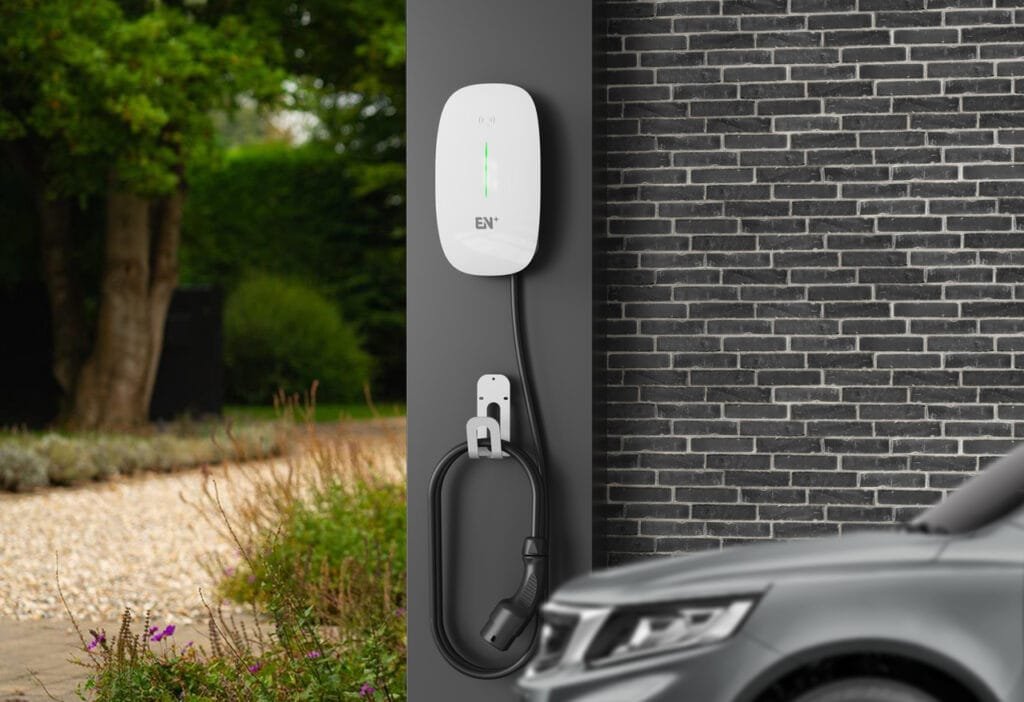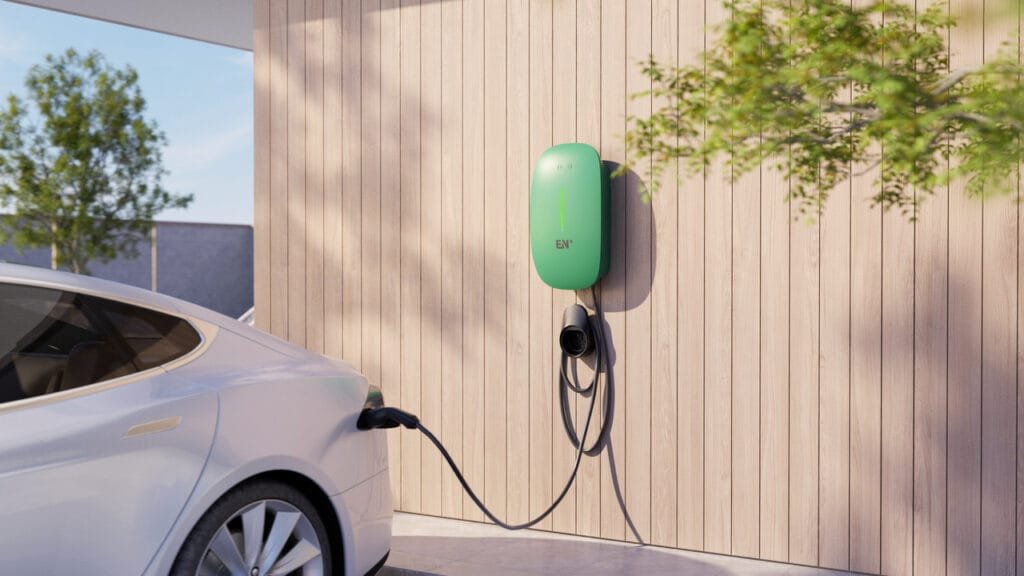Home charging is the most common way for new energy electric vehicles charging, usually using AC charger, which is what we call slow charging. So, how long does it take to charge an electric car at home?
There is a simple formula for the charging time of electric vehicles.
Charging Time = Battery Capacity / Charging Power
According to this formula, we can roughly calculate how long it takes to get a full charge.
What factors affect EV charging time?
To charge an electric vehicle efficiently, you need to understand various factors that influence how long it takes to reach a full battery. While battery capacity and charging power are primary determinants, other critical aspects such as balanced charging and ambient temperature also play significant roles. These factors together ensure that your EV is charged safely and efficiently, optimizing both time and battery health.
1. Battery capacity
Battery capacity is one of the important indicators to measure the performance of electric vehicles.
Simply put, the larger the battery capacity, the higher the pure electric range of the car, and the longer the charging time required; the smaller the battery capacity, the lower the pure electric range of the car, and the shorter the charging time required.
The battery capacity of battery electric vehicles usually ranges from 30kWh to 100kWh.
For example. The Tesla Model X long range version has a battery capacity of 100kWh and a range of 575km.
The battery capacity of plug-in hybrid electric vehicles is relatively small, usually between 10kWh and 20kWh, so its pure electric range is also low, usually between 50km and 100km.
For the same model, the higher the battery capacity, the higher the range will be when the vehicle weight and motor power are basically equal.

2. Charging power
Charging power is another important indicator that determines charging time. The higher the charging power of the same car, the shorter the charging time required.
The actual charging power of electric vehicle has two influencing factors: the maximum power of EV charger and the maximum power of AC charging of electric vehicle, and the actual charging power is taken as the smaller of the two.
A. Maximum power of EV charger
The common AC EV charger power is 3.5kW and 7kW. The maximum charging current of 3.5kW EV charger is 16A and the maximum charging current of 7kW EV charger is 32A.
B. Electric vehicle AC charging maximum power
The maximum power limit of AC charging of electric vehicles is mainly reflected in three aspects.
① AC Charging Interface
The specifications of the AC charging interface are usually available at the EV interface label.
For pure electric vehicles, most charging ports are 32A, so that the charging power can reach 7kW. There is also a part of the pure electric car charging interface is 16A.
Due to the small battery capacity, most of the plug-in hybrid cars are equipped with a 16A AC charging interface, charging a maximum power of about 3.5kW. A few models are equipped with a 32A AC charging interface, with a maximum charging power of 7kW.
② Power limit of vehicle charger
When using AC EV charger to charge electric vehicles, the main role is power supply and protection. The component that does the power conversion to convert AC power to DC power for battery charging is the on-board charger. The power limit of the on-board charger will directly affect the charging time.
For safety and other reasons, some vehicles can be set through the central control or cell phone APP charging current limit. For example, Tesla, the current limit can be set through central control. When the charging post can provide a maximum current of 32A, but the charging current is set at 16A, then it will charge at 16A. In essence, the power setting also sets the power limit of the on-board charger.
In summary, for the above-mentioned Tesla Model X Long Range Edition 100kWh EV, the main component that affects charging time is the AC charger as the on-board charger supports a maximum 32A charging current.
Time required to fully charge using a 3.5kW EV charger:
Charging time = 100kWh/3.5kW = 28.6 hours
Time to full charge using a 7kW EV charger.
Charging time = 100kWh/7kW = 14.3 hours
With double the charging power, the charging time will be reduced to half of the original time.

3. Equalization charging
Equalization charging means that after the general charging is completed and continues for a period of time, the high-voltage battery pack management system performs a balancing operation on the individual lithium battery cells. Equalization charging can make the voltage of each battery cell reach basically the same, so as to ensure the overall performance of the high-voltage battery pack. The general vehicle equalization charging time may be around 2 hours.
4. Ambient temperature
The power battery of new energy electric vehicles is ternary lithium battery or lithium iron phosphate battery, when the temperature is low, the movement of lithium ions inside the battery decreases, the chemical reaction slows down, the battery is less energetic, which will lead to longer charging time. Some vehicles will heat the battery to a certain temperature before charging, which will also extend the charging time of the battery.
Conclusion
Charging an electric car at home is a convenient and practical solution, but understanding the factors that influence charging time is crucial for efficient use. Battery capacity and charging power are primary determinants, while equalization charging and ambient temperature also play significant roles. By calculating the charging time using the formula and considering these factors, EV owners can optimize their charging process. EN Plus home charging solutions offer stable and reliable chargers, ensuring that your electric car is charged safely and efficiently. With the right equipment and knowledge, home charging can be an effective method to keep your EV ready for the road.


